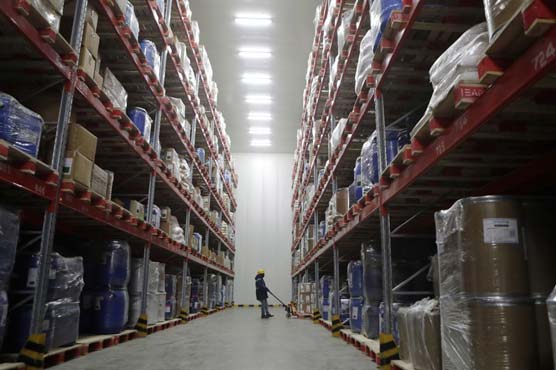Vaccine storage issues could leave 3B people without access

Vaccine storage issues could leave 3B people without access
GAMPELA, Burkina Faso (AP) — The chain breaks here, in a tiny medical clinic in Burkina Faso that went nearly a year without a working refrigerator.
From factory to syringe, the world’s most promising coronavirus vaccine candidates need non-stop sterile refrigeration to stay potent and safe. But despite enormous strides in equipping developing countries to maintain the vaccine “cold chain,” nearly 3 billion of the world’s 7.8 billion people live where temperature-controlled storage is insufficient for an immunization campaign to bring COVID-19 under control.
The result: Poor people around the world who were among the hardest hit by the virus pandemic are also likely to be the last to recover from it.
The vaccine cold chain hurdle is just the latest disparity of the pandemic weighted against the poor, who more often live and work in crowded conditions that allow the virus to spread, have little access to medical oxygen that is vital to COVID-19 treatment, and whose health systems lack labs, supplies or technicians to carry out large-scale testing.
Maintaining the cold chain for coronavirus vaccines won’t be easy even in the richest of countries, especially when it comes to those that require ultracold temperatures of around minus 70 degrees Celsius (minus 94 F). Investment in infrastructure and cooling technology lags behind the high-speed leap that vaccine development has taken this year due to the virus.

